
Supporting Children Through Transitions: How Routines and Reassurance Build Confidence
Transitions are a natural part of early childhood, but that doesn’t mean they’re always easy.
Whether a child is starting childcare for the first time, moving into a new room, or preparing for the transition to kindergarten or school, change can feel big. New environments, new expectations and new relationships can all impact how secure a child feels.

Nourishing Children Every Day: Affinity Education’s New Summer Menu Launches Nationwide
At Affinity Education, we believe high-quality early education is inseparable from high-quality nutrition. With children receiving up to 50% of their daily nutritional requirements while in care, our approach to food is a core part of how we support every child’s wellbeing, learning and development.

Celebrating Children’s Week 2025: Empowering Every Child to Know Their Rights
In every Affinity Education centre, moments of curiosity and connection happen daily – a child sharing an idea, working with a friend, or proudly reflecting on what they’ve learned. Children’s Week (18-26 October 2025) shines a spotlight on these everyday moments and reminds us why they matter: because every child deserves to be heard, respected, and supported as they learn and grow.
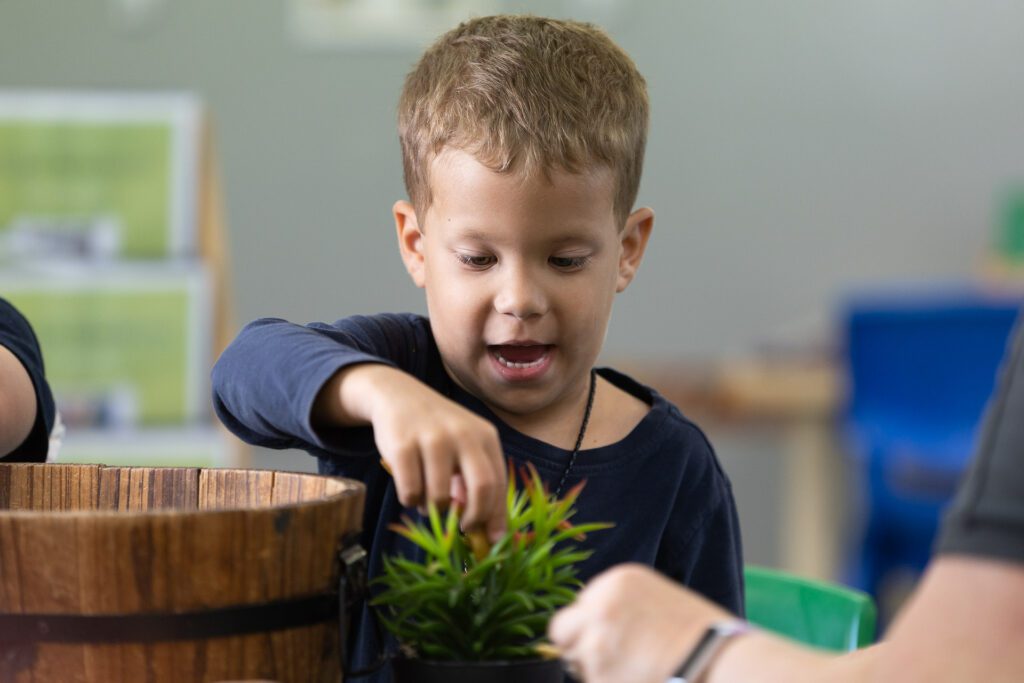
Should I Send My Child to Childcare? Understanding the Benefits for Babies, Toddlers and Preschoolers
At Affinity Education, we know this decision is deeply personal. And we also know how transformative high-quality early education can be for children’s development, wellbeing and confidence.
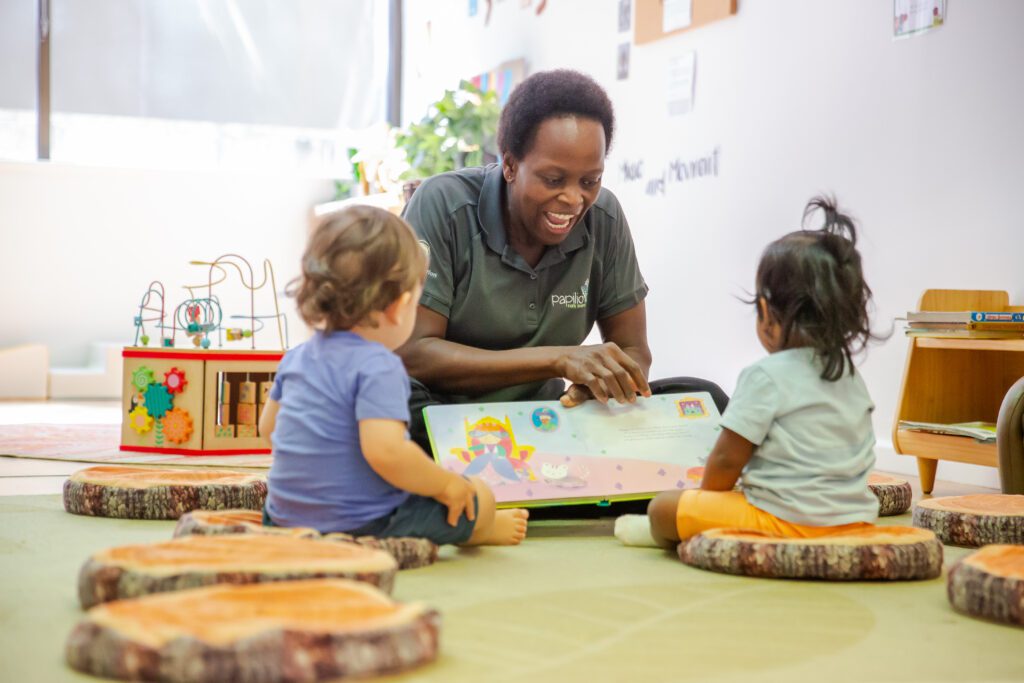
Building Strong Foundations: How Affinity Education Supports Early Learning
Have you ever watched a child’s face light up when they discover something new? Early childhood development is a time of exploration, creativity, and rapid growth, where every experience shapes their future learning. The early years are a time of exploration, creativity, and rapid growth. Foundational learning refers to the essential skills and knowledge children develop between the ages of 0-5, setting them up for success in school and beyond.
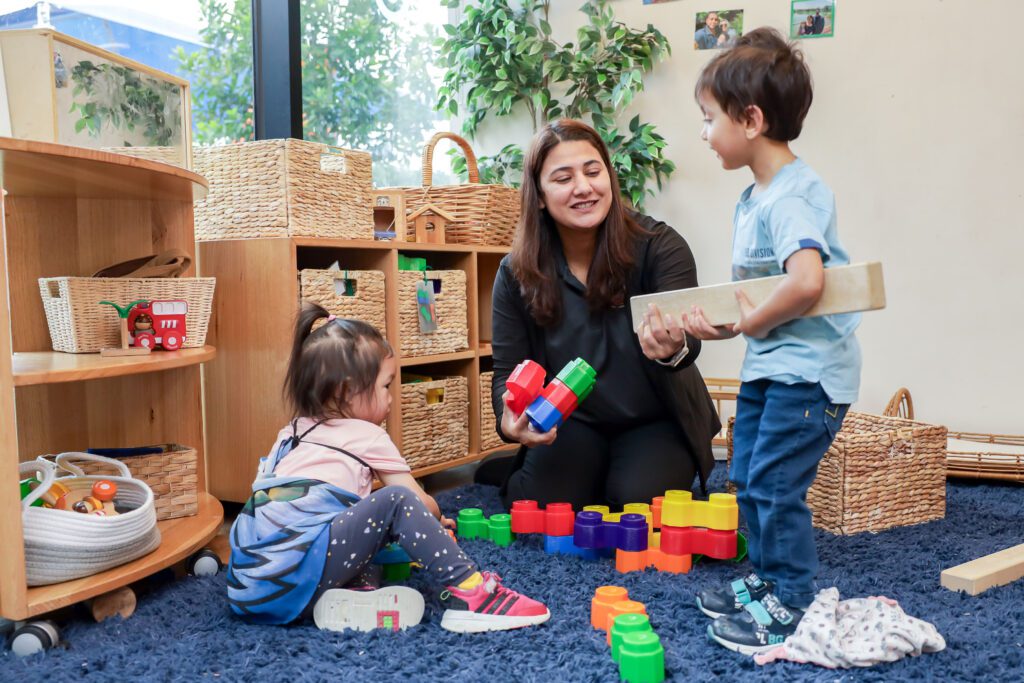
Helping Children Build Social Skills for Lifelong Learning & Confidence
Ever wondered how your child’s friendships and social skills impact their future success? Research shows that strong social-emotional development in early childhood plays a key role in academic achievement, emotional wellbeing, and personal growth. At Affinity Education, we focus on helping children build confidence, communication skills, and positive relationships – all essential for school and life.
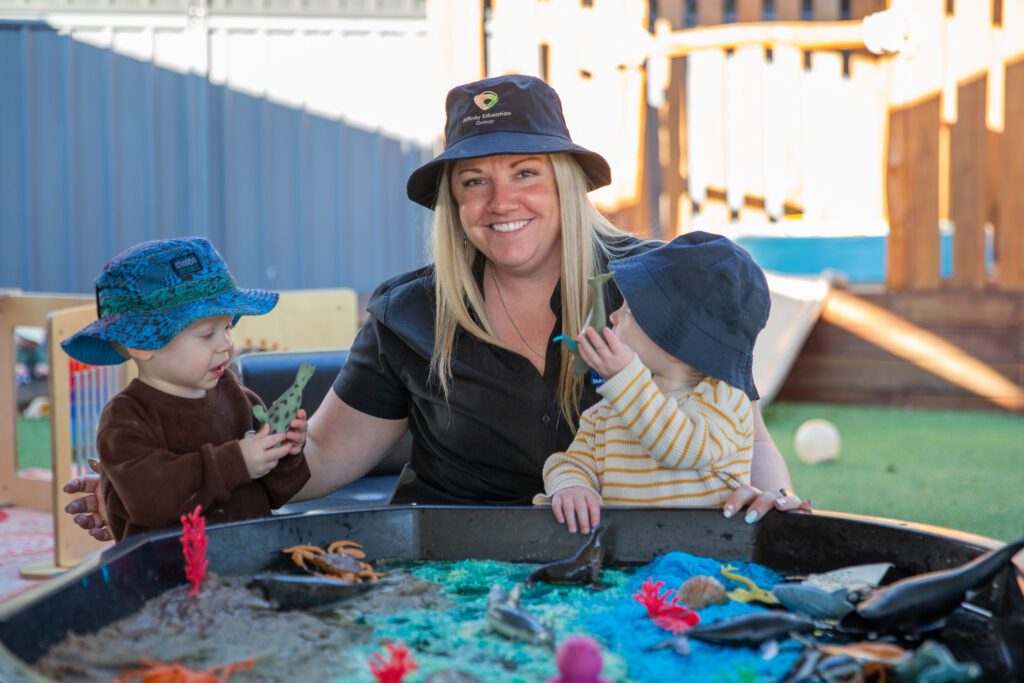
Building Emotional Confidence in Early Childhood: How Affinity Education Nurtures Lifelong Skills
The first five years of a child’s life are a time of incredible growth – not just physically but emotionally, socially, and cognitively. Among the many skills children develop during this period, emotional confidence stands out as one of the most important. It’s the foundation for resilience, relationships, and lifelong learning. At Affinity Education, we know that helping children develop emotional confidence early sets them up for success later in life. Our Lifelong Learning Curriculum, guided by the Early Years Learning Framework (EYLF), ensures children grow in emotional confidence while also developing social connectivity, foundational learning, and physical health and wellbeing. This holistic approach makes our curriculum the most advanced in Australia.
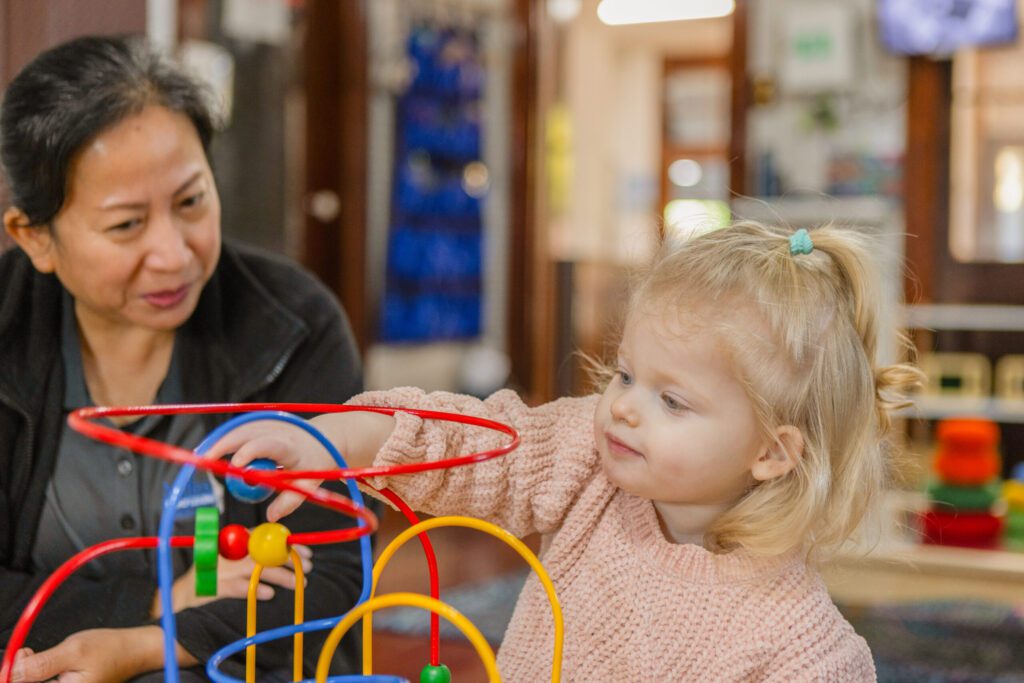
Why Enrolling Your Child in Child Care Before Age 3 Sets Them Up for Lifelong Success
Did you know that 90% of a child’s brain develops before the age of 5? Or that children who attend child care often show stronger social and emotional skills by the time they start school? These early years are a critical period for growth, and the right environment can make all the difference in shaping your child’s future.

How We Celebrate Cultural Diversity in Our Early Learning Centres
At Affinity Education, we are committed to creating inclusive early learning environments that celebrate cultural diversity. Research suggests that exposing children to a variety of cultures from a young age plays a vital role in shaping their social, emotional, and cognitive development. By fostering an environment where cultural diversity is embraced daily, we empower children to grow into empathetic, well-rounded individuals prepared for an increasingly multicultural world.

